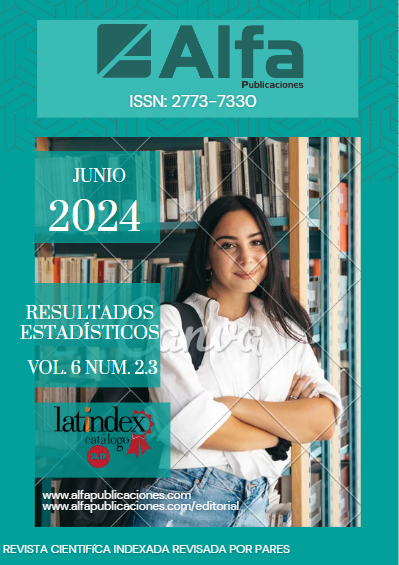Risk assessment in fuel backpass management. A systematic literature review
Main Article Content
Abstract
Introduction. Fuel backloading is a daily activity in most countries Despite the fact that internationally operations are standardized by protocols for the realization of the same, the occurrence of risks still continues to be reported. Objective. The objective of knowing the most efficient quantitative methods for risk management, to identify the risks occurring most frequently during fuel management at global level, for which it is necessary to know the protocols employed for risk identification during management of fuel and assess the impact of risks occurring during fuel backpass management and the importance of compliance with international regulation to mitigate the same. Methodology. A systematic review is conducted using the PRISMA methodology. Based on the search was conducted in digital journals through databases such as Scopus, Scielo, Latindex, Google scholar and Redalyc of articles on risk evaluation in fuel backwash management through the PICO strategy. Results. Out of 85 reviewed articles relating to risk assessment in fuel management 24 were selected, from which they address the risks occurring during fuel transfer, the protocols for their identification and the economic and environmental impacts
Downloads
Article Details
dssfdsf
dsfdsf

